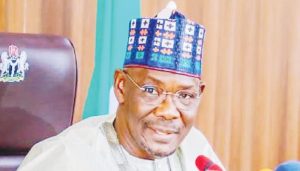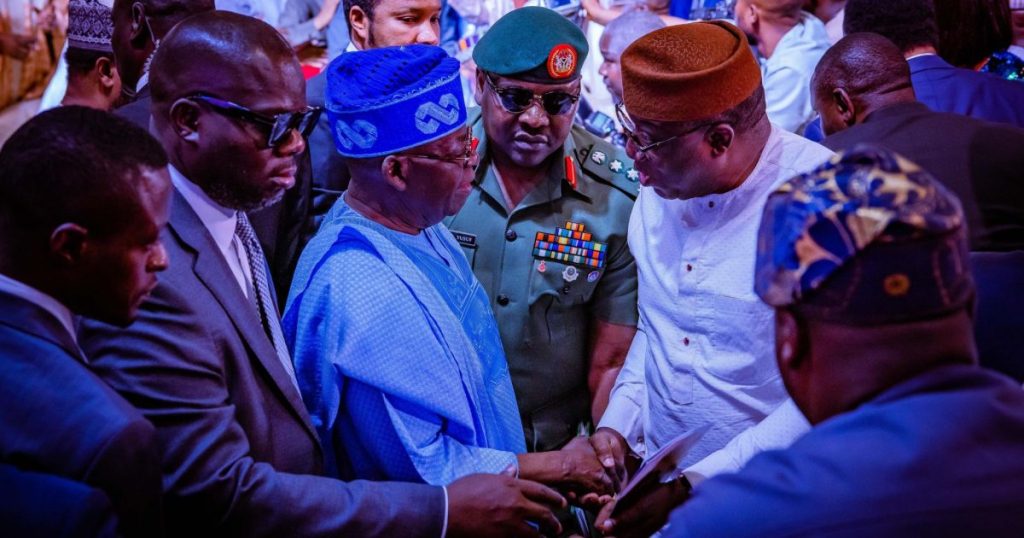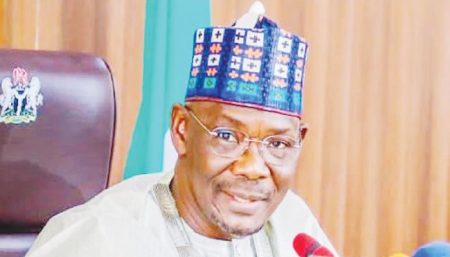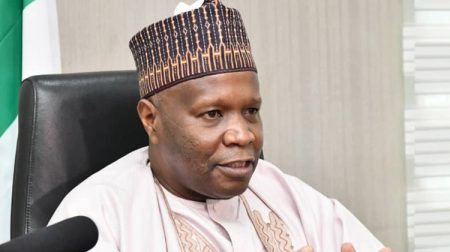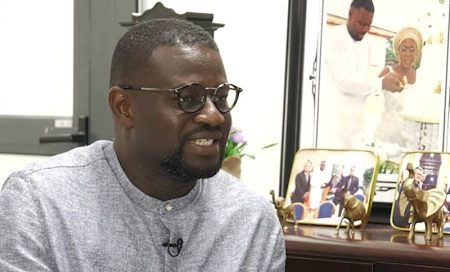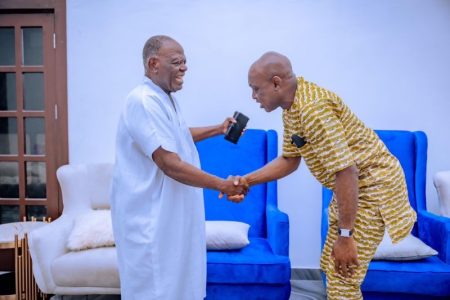Kayode Fayemi, a prominent figure in Nigerian politics and a staunch advocate for democracy, recently attended the book launch of former military President Ibrahim Babangida’s autobiography, “A Journey in Service.” This event prompted Fayemi to reflect on Nigeria’s complex political history and the importance of understanding the perspectives of key figures who shaped the nation’s trajectory. Fayemi, a former Governor of Ekiti State, acknowledged the significance of Babangida’s memoir, recognizing it as a valuable contribution to the ongoing discourse surrounding Nigeria’s political evolution. The autobiography offers insights into the decision-making processes, challenges, and triumphs of a leader who played a pivotal role during a critical period in Nigeria’s history.
Fayemi’s presence at the book launch underscores the importance of engaging with diverse perspectives, even those that may be controversial. Babangida’s tenure as military president remains a subject of intense debate, particularly due to his annulment of the June 12, 1993, presidential election, widely considered to be free and fair. Despite the contentious nature of some of Babangida’s actions, Fayemi emphasizes the value of understanding the context and motivations behind these decisions. He believes that such historical accounts, regardless of their perceived flaws, offer crucial lessons for national learning and dialogue. By engaging with these narratives, Nigerians can gain a deeper understanding of the factors that have shaped their nation’s political landscape.
The launch of Babangida’s autobiography has ignited renewed discussions and debates about his legacy and the impact of his decisions on Nigeria’s democratic journey. The annulment of the June 12 election remains a particularly sensitive topic, with many still feeling the sting of the democratic setback it represented. However, Fayemi’s perspective highlights the need to move beyond simplistic narratives of heroes and villains and to engage with the complexities of historical events. He argues that understanding the motivations and rationales behind past decisions, even if they were ultimately detrimental, is essential for preventing similar occurrences in the future.
Fayemi’s perspective also underscores the importance of preserving historical records and engaging in open dialogue about the past. He believes that documenting these experiences, even those that are painful or controversial, is crucial for national growth and reconciliation. By confronting the past honestly and openly, Nigerians can learn from their mistakes and build a more inclusive and democratic future.
The convergence of Fayemi’s engagement with Babangida’s autobiography and his own recent 60th birthday celebration, marked by the launch of the Amandla Institute for Policy and Leadership Advancement, further emphasizes his commitment to fostering critical thinking and informed dialogue in Nigeria. The Amandla Institute aims to contribute to policy development and leadership training, reflecting Fayemi’s dedication to shaping a better future for Nigeria. The presence of numerous dignitaries at Fayemi’s birthday celebration, including former Head of State General Yakubu Gowon and President Bola Tinubu, testifies to his influence and respect within the political sphere.
The reactions to Babangida’s autobiography, including Sadiq Abacha’s defense of his father’s legacy, demonstrate the multifaceted nature of Nigerian political history and the enduring impact of past leaders. While some may view these figures with skepticism or outright condemnation, others maintain a sense of admiration and respect for their contributions. These divergent opinions highlight the importance of engaging in nuanced discussions that acknowledge the complexities of historical figures and their actions. By fostering open dialogue and encouraging critical thinking, Nigeria can navigate its complex past and chart a course towards a more democratic and prosperous future.


